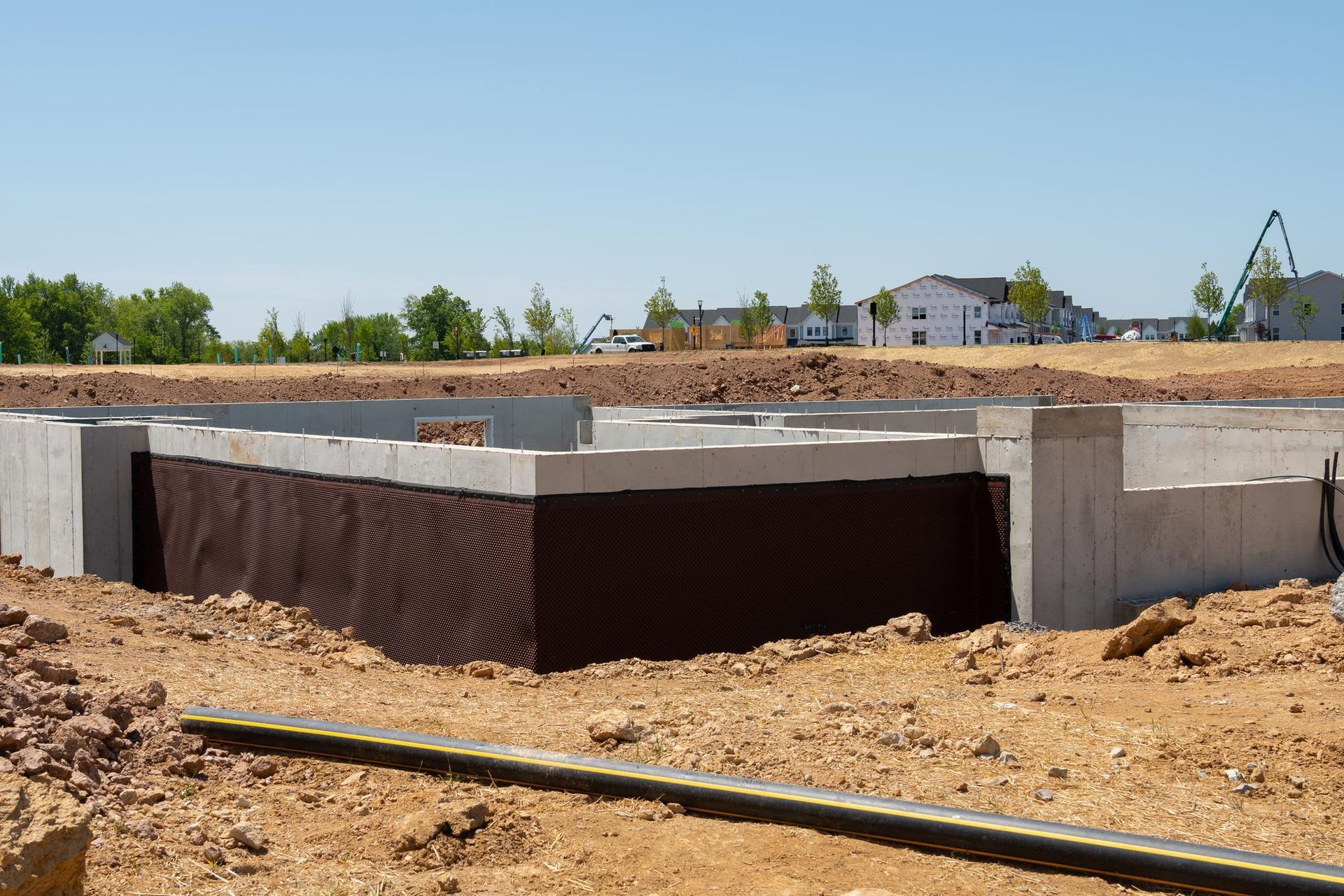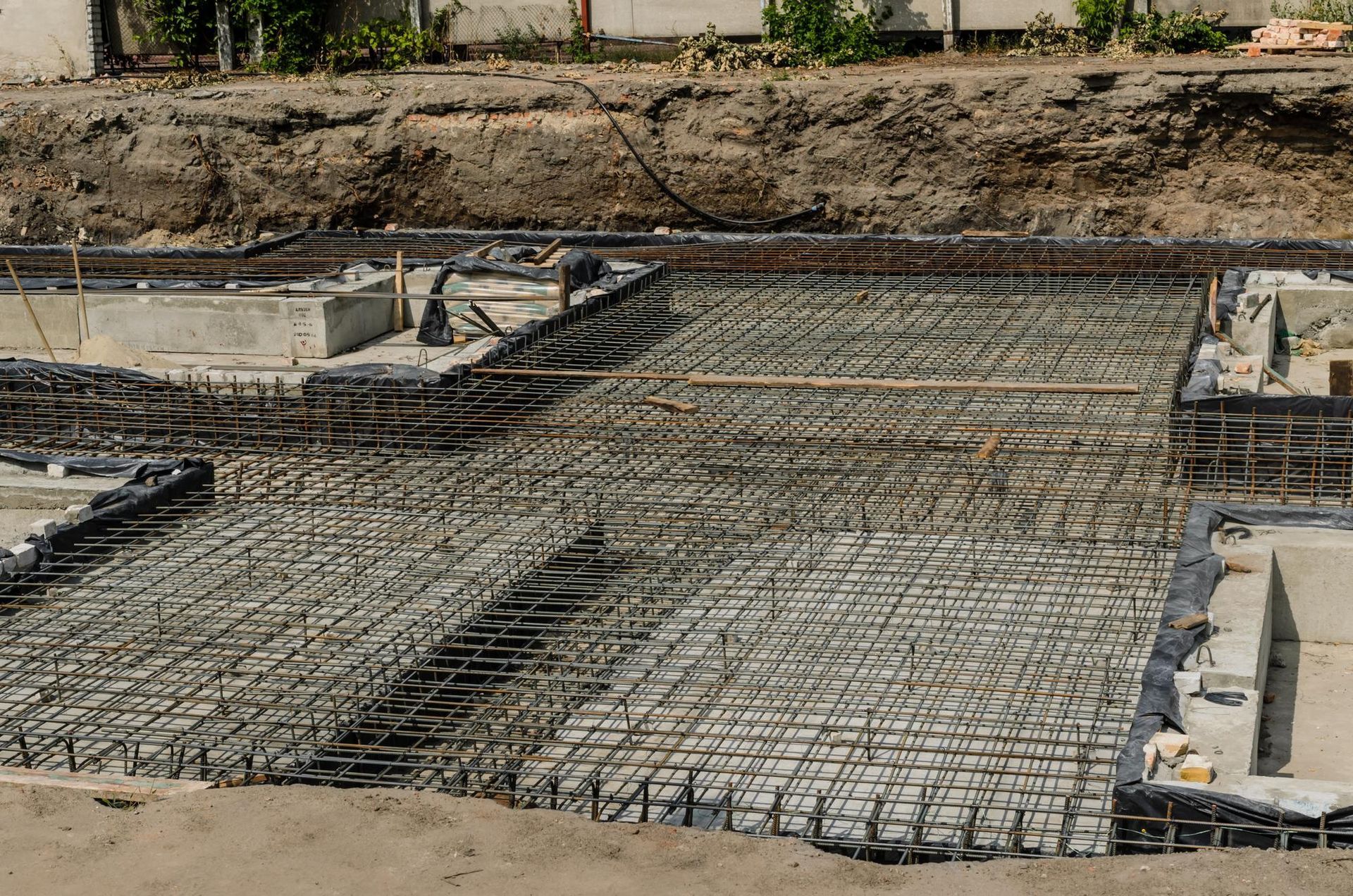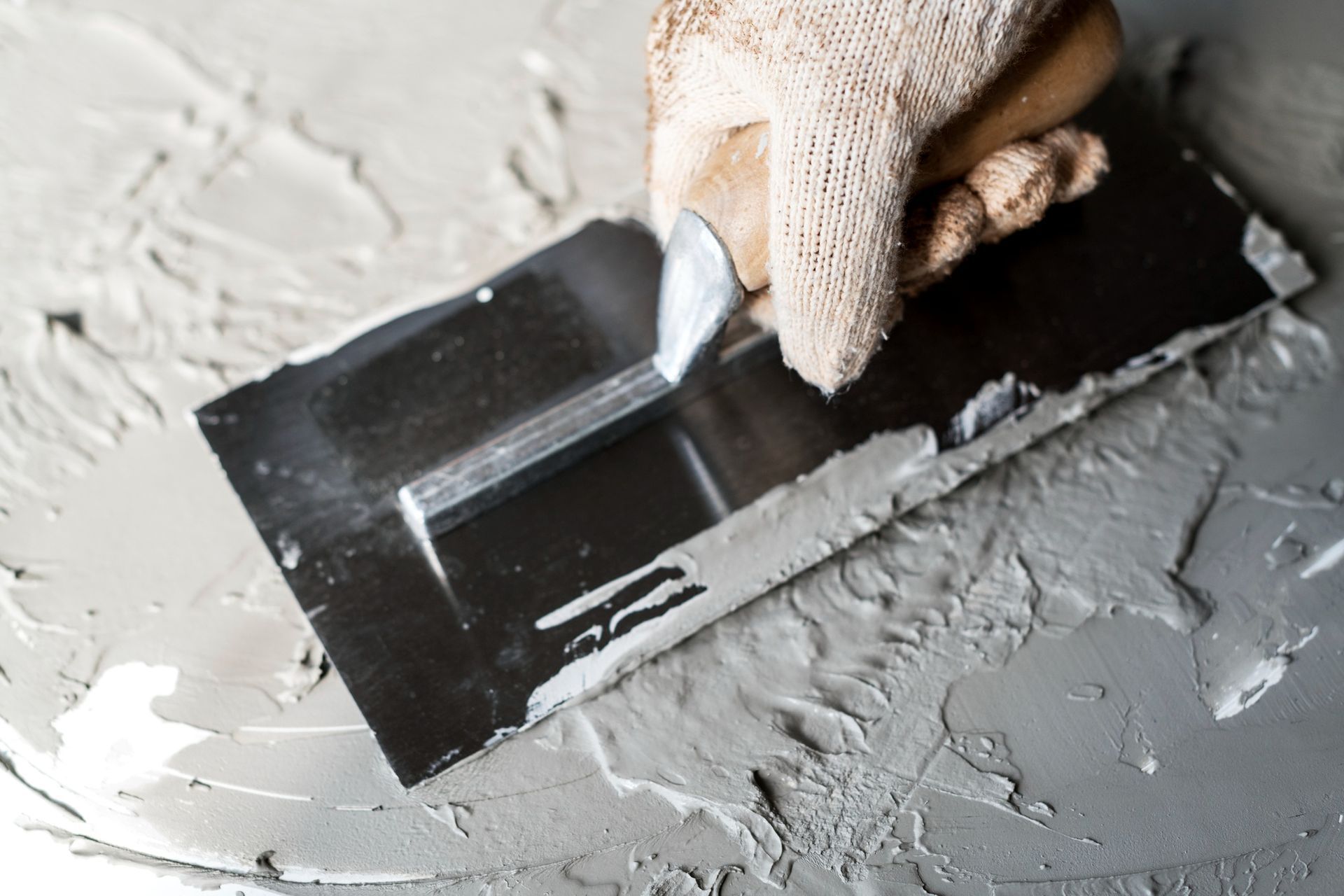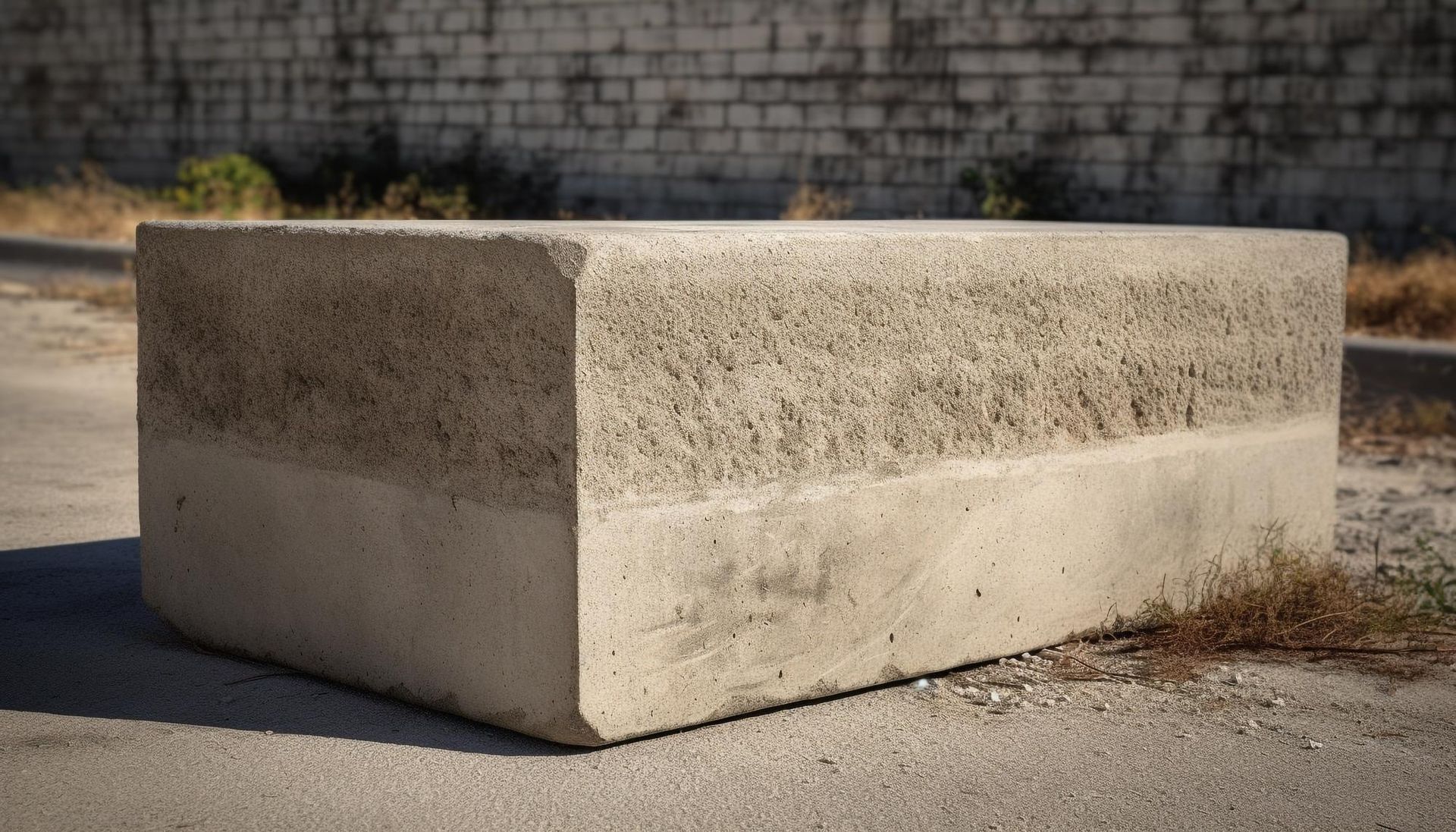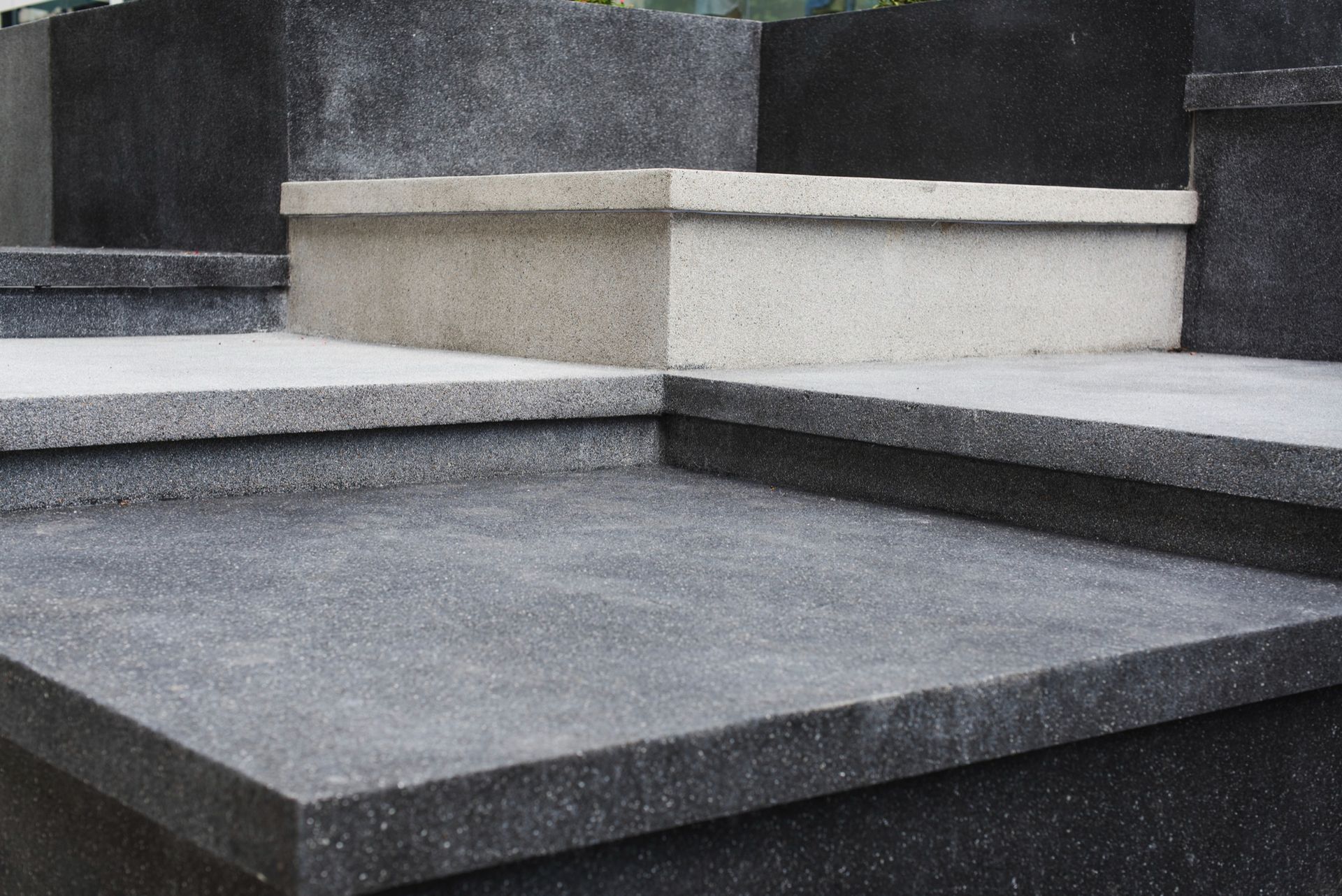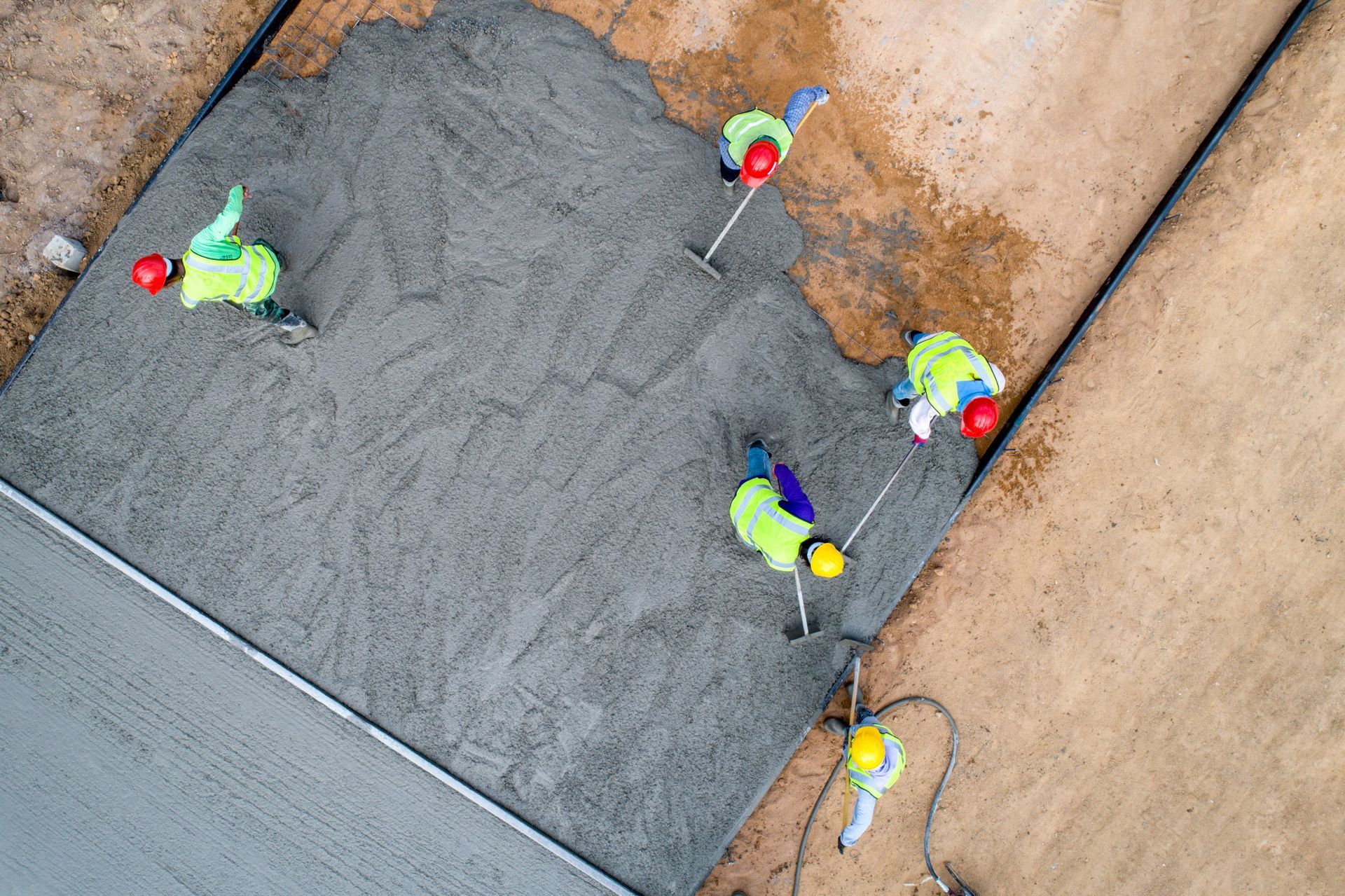Concrete Foundation: Why It's the Best Choice for Your Home
A solid foundation is the bedrock of any stable and enduring structure. Just as we value the foundation of trust in relationships or basic principles in education, a physical foundation for your home cannot be compromised. In an ever-evolving world, where technological advancements and environmental factors continuously redefine construction methodologies, the age-old reliance on concrete has never waned. Its steadfastness in the face of changing trends, its adaptability to various architectural designs, and its proven track record over centuries underscore its supremacy in the world of foundations. In the realm of house foundations, concrete stands out as the prime choice. But why?
In this piece, we will explore the myriad benefits of a concrete foundation and how it guarantees longevity, strength, and a safe shelter for generations. Whether you're a homeowner looking to understand your home's structure or someone embarking on a
new construction project, let's delve into the reasons why a concrete foundation should be at the top of your list.
1. Unmatched Durability
Concrete is renowned for its durability. It’s not susceptible to rot, mold, or rust, which are common issues with wooden or metal-based foundations. Additionally, its resistance to the harsh impacts of varying weather conditions, from scorching heatwaves to freezing winters, further emphasizes its unparalleled strength. As the years roll by, a concrete foundation remains steadfast, resisting decay and ensuring that the home remains stable and safe.
Beyond its resistance to common degradative forces, concrete also offers remarkable resilience against physical pressures and stresses. Be it the weight of the home itself, the shifting of the soil, or the occasional tremors that some regions experience, concrete has the tenacity to bear it all. Its compact nature and dense structure mean that it distributes weight and stress uniformly, preventing cracks and structural weaknesses. When homeowners choose concrete, they're not just opting for a foundation for the next decade; they're securing the integrity of their home for generations to come. This long-term vision, coupled with the immediate advantages, makes concrete an irrefutable choice for a reliable foundation.
2. Resistant to External Threats
Several threats can compromise the integrity of a home. Termites and pests, for instance, can cause severe damage to wood-based structures. However, concrete is impervious to these pests, providing a robust shield against any such invasions.
Moreover, in areas prone to wildfires, a concrete foundation offers increased protection. It doesn't combust, ensuring that the base of your home remains intact even if other parts are affected.
3. Energy Efficient
Concrete has an inherent thermal mass, meaning it can absorb, store, and later release heat. This property makes homes with concrete foundations more energy-efficient. In winter, the foundation retains heat, reducing the need for constant heating. In contrast, during summers, it can keep the house cooler by absorbing heat, thus reducing cooling costs.
Moreover, this unique thermal capability of concrete translates to consistent indoor temperatures, fostering a comfortable living environment throughout the year. Homeowners can enjoy reduced temperature fluctuations, minimizing the strain on heating and cooling systems. As a result, not only do they benefit from lower energy bills, but they also contribute to a reduced carbon footprint, making concrete foundations a more sustainable choice for eco-conscious individuals. This melding of comfort, cost-efficiency, and eco-friendliness truly sets concrete foundations apart.
4. Versatile and Adaptable
Concrete can be poured into various shapes and designs, offering immense flexibility. Whether you desire a full basement, a slab, or a crawl space, concrete can mold to your vision. This adaptability also means that as architectural designs evolve, concrete remains a consistent and reliable choice.
Furthermore, the versatility of concrete extends beyond just its form. With advancements in technology, concrete can be mixed with various finishes, colors, and textures, allowing homeowners to customize their foundation's aesthetic to complement their home's overall design. For those keen on sustainability, there are even eco-friendly additives and alternative cementitious materials that can be incorporated into the mix. This fusion of functionality with aesthetics and innovation ensures that concrete is not just a monolithic grey slab but can be a testament to the homeowner's style and values. In an age where customization is cherished, concrete's malleability provides the perfect canvas for architectural creativity and personal expression.
5. Reduced Water Issues
Water damage is a significant concern for homeowners. Basements, especially, are vulnerable to moisture intrusion. Concrete foundations, when appropriately sealed, act as a formidable barrier against water. They resist water seepage, prevent mold growth, and ensure that the underbelly of your home remains dry and damage-free.
6. Economical in the Long Run
While the initial cost of pouring a concrete foundation might seem high, its longevity and minimal maintenance requirements make it an economical choice over time. Unlike other foundation materials that might need regular checks, replacements, or treatments, concrete asks for very little in terms of upkeep.
Additionally, when considering the broader financial implications, the strength and stability of a concrete foundation can result in lower insurance premiums for homeowners. Insurance companies often recognize the robust nature of concrete, understanding that homes built on such sturdy foundations are less prone to structural damage or issues that can lead to expensive claims. Over the years, these savings on insurance, combined with the reduced maintenance costs, can significantly offset the initial investment in a concrete foundation. In essence, while the upfront expenditure may be substantial, the long-term financial advantages and peace of mind provided by a concrete foundation are priceless.
7. Environmentally Friendly
Concrete, being a product of limestone, is abundant and readily available. The production of concrete has a lesser environmental footprint than many other construction materials. Plus, given its longevity, it reduces the need for frequent replacements, ensuring that resource usage over the lifespan of the home remains minimal.
8. Enhances Home Value
A home with a sturdy concrete foundation is a desirable asset in the real estate market. Potential buyers appreciate the durability, safety, and low maintenance associated with concrete foundations. Hence, opting for this choice not only serves you well during your stay but also adds value if you ever decide to sell.
Why Hiring Professionals is Imperative for Your Concrete Foundation
As we've highlighted the many benefits of opting for a concrete foundation for your home, there's another crucial element to this equation that shouldn't be overlooked: the importance of hiring professionals to lay that foundation. While some home improvement projects might seem DIY-friendly, laying a foundation isn't one of them. Here's why entrusting professionals with this task is paramount:
1. Precision and Expertise
Laying a concrete foundation demands accuracy. Professionals have the experience to ensure that the mixture is correct, that the foundation is level, and that it will settle properly. Any miscalculation or oversight can compromise the integrity of the entire structure. The nuanced understanding that professionals bring to the table is invaluable.
2. Quality Assurance
Reputable companies offer warranties or guarantees on their work, giving homeowners peace of mind. If any issues arise post-construction due to the foundation, professionals will address them, often without additional costs. This assurance isn’t available with DIY projects.
3. Advanced Equipment
Professional companies possess the necessary heavy-duty equipment required for foundation laying, from mixers to leveling tools. These aren’t typically available to the average homeowner. The right equipment ensures efficiency, consistency, and safety during the process.
4. Compliance with Building Codes
Different regions have varying building codes and regulations. Professionals are updated on these guidelines and ensure that the foundation meets the local requirements, which can be crucial for insurance, resale value, and safety.
5. Time-Saving
Laying a foundation is labor-intensive and time-consuming. Professionals streamline the process through their expertise and equipment, ensuring the project is completed in a timely manner without unnecessary delays.
6. Risk Mitigation
Mistakes in foundation laying can be expensive. Cracks, uneven settling, or moisture issues can arise if the foundation isn't properly laid. Fixing these can often cost more than the initial investment. Hiring professionals minimizes the risks of such costly errors.
7. Comprehensive Services
Most professional foundation contractors provide end-to-end services, from site evaluation and preparation to the final laying of the foundation and post-construction checks. Their holistic approach ensures that every phase of the foundation process is handled meticulously.
8. Safety First
Laying a foundation involves certain risks, from handling heavy materials to dealing with tools and machinery. Professionals are trained to manage these risks, ensuring their safety and that of your property.
While the quality of materials is critical, the expertise of the hands that lay the foundation is equally crucial. Hiring
professionals to handle your concrete foundation is an investment in the security, longevity, and value of your home. Just as you'd consult a doctor for health concerns or an architect for designing your home, entrusting the foundational work to experts ensures that your home stands tall, safe, and strong for years to come.
Conclusion
Choosing the foundation for your home is a pivotal decision. It's the unseen hero, supporting your home against environmental factors, natural disasters, and the test of time. Concrete, with its myriad benefits, emerges as the clear winner in this contest. It promises a harmonious blend of strength, durability, and cost-effectiveness.
For those residing in North Collins, NY, and are looking for
top-notch residential concrete foundation services, Bri-Mic Construction, Inc. stands out as the best choice. With their proven expertise and commitment to excellence, they have established themselves as industry leaders in the region. You can reach out to them at
716-337-0500 to discuss your foundation needs.
While the aesthetic elements of a house often garner more attention, it’s essential to remember that the true strength of a home lies in its foundation. By choosing a concrete foundation, you're investing in peace of mind, knowing that your sanctuary is built on solid ground. As the saying goes, "The stronger the foundation, the taller the building can be." In the context of homes, this translates to a dwelling that stands firm, protecting and sheltering generations.

